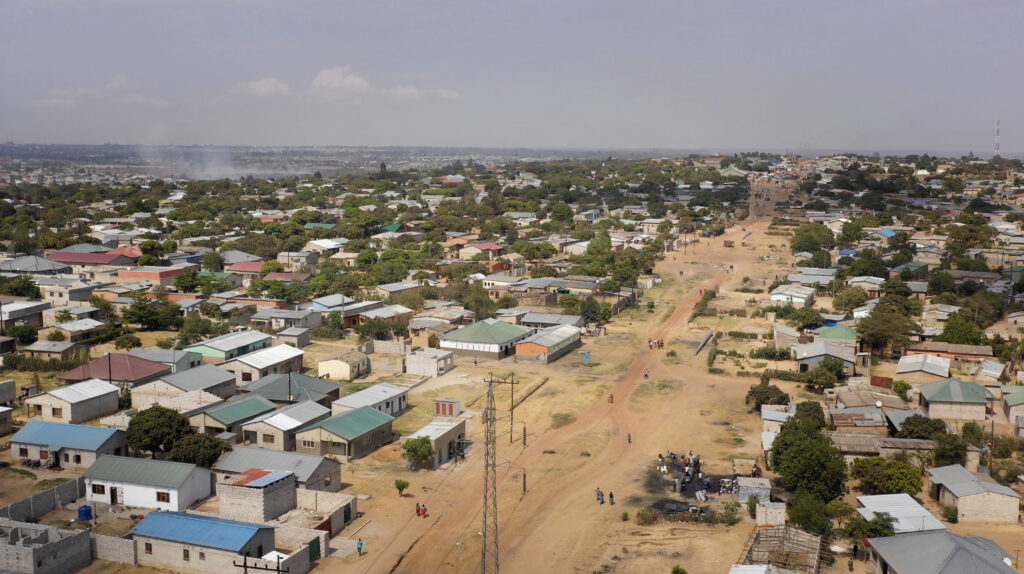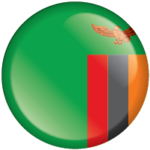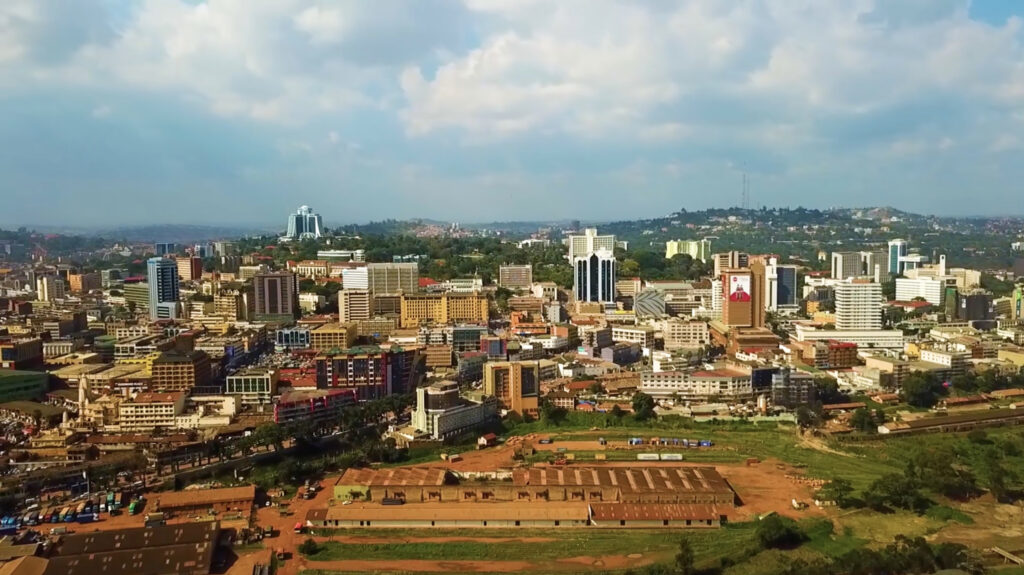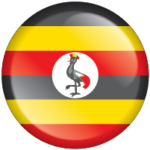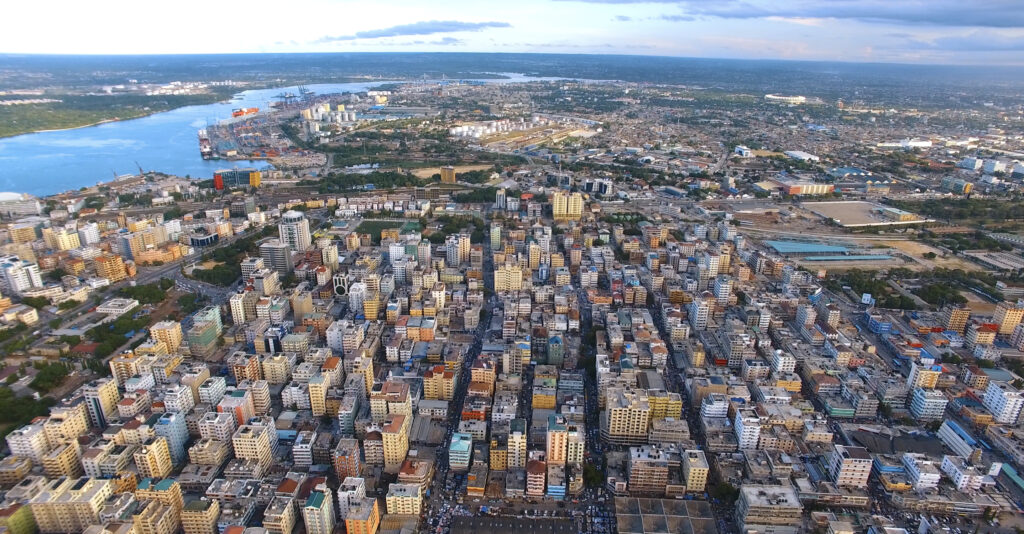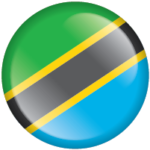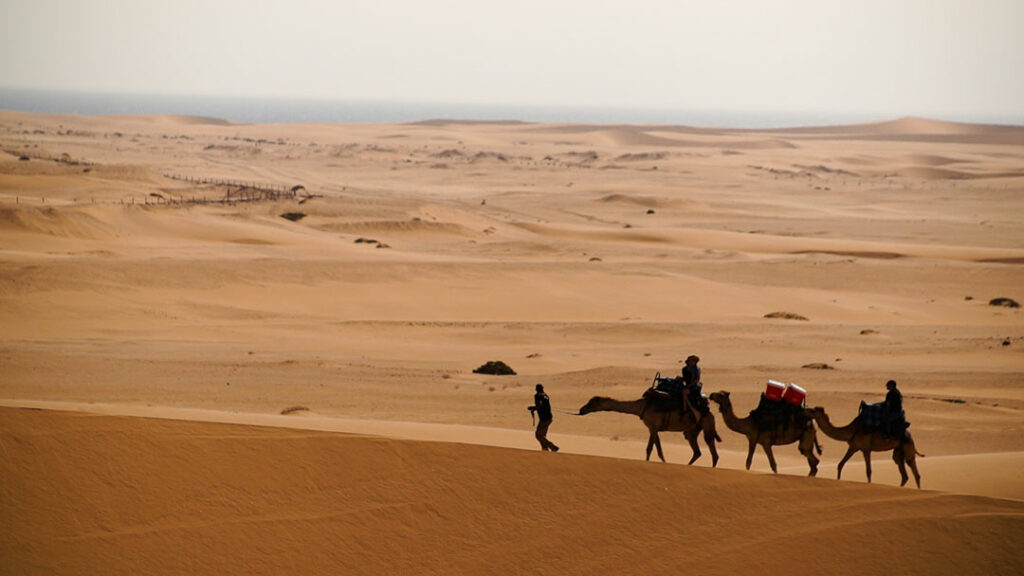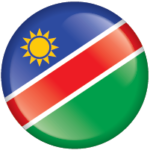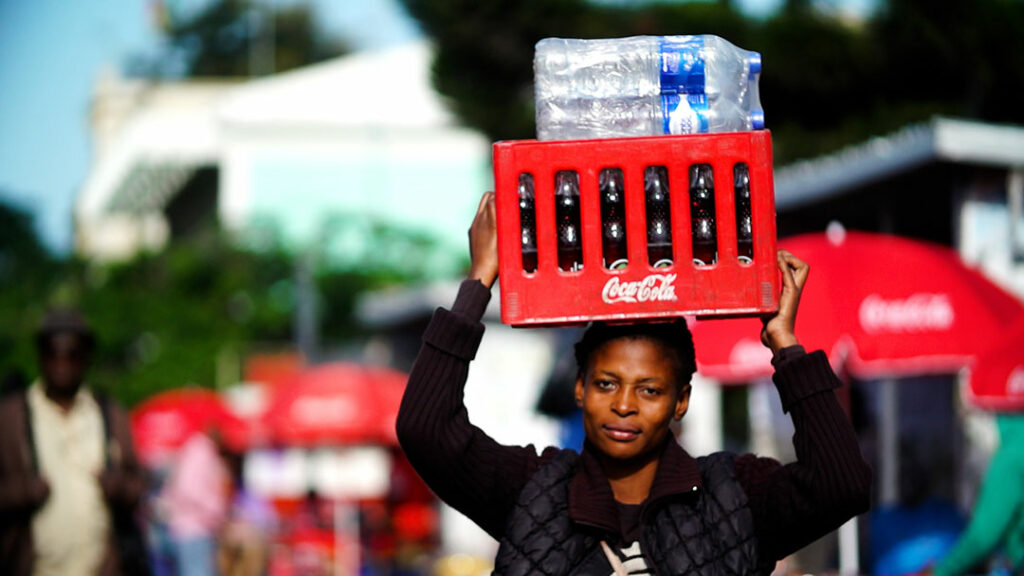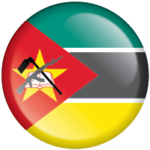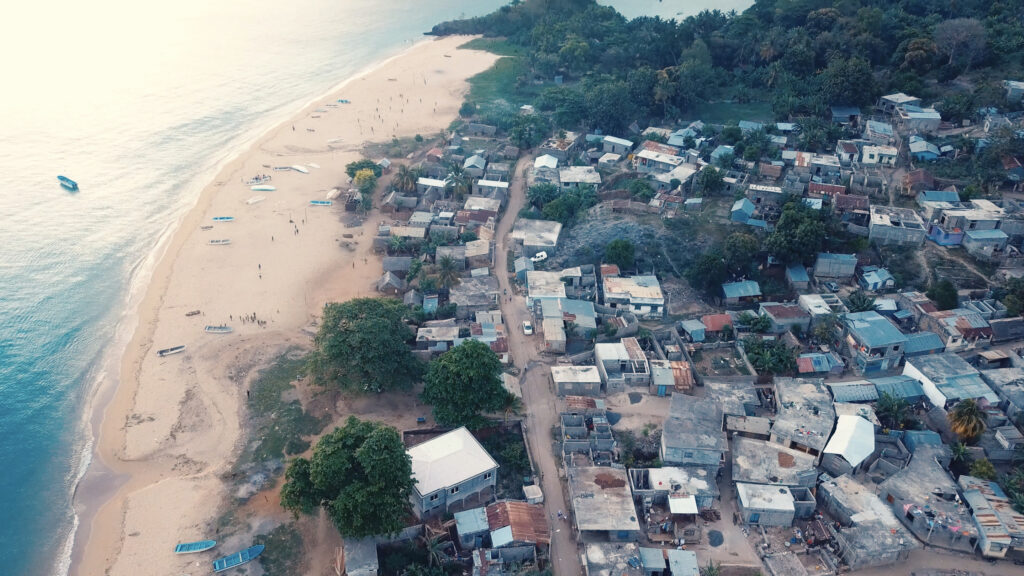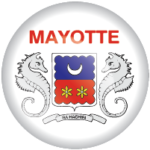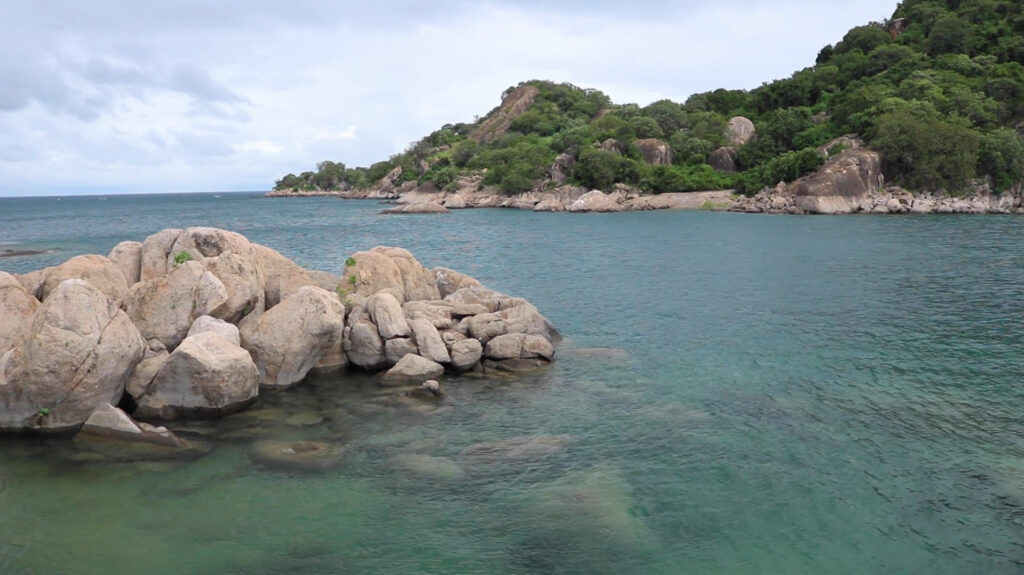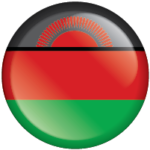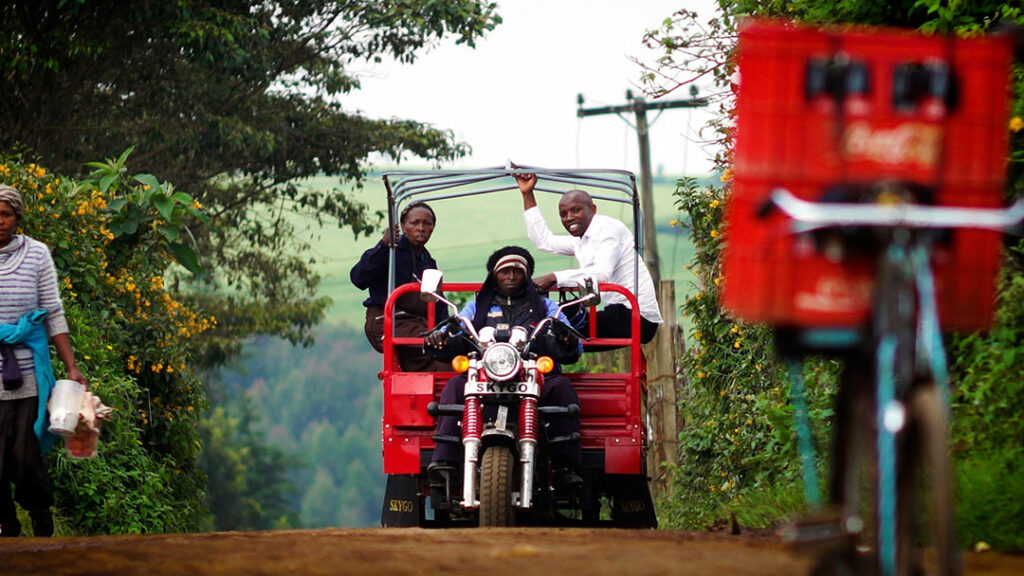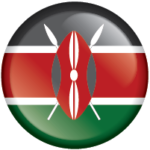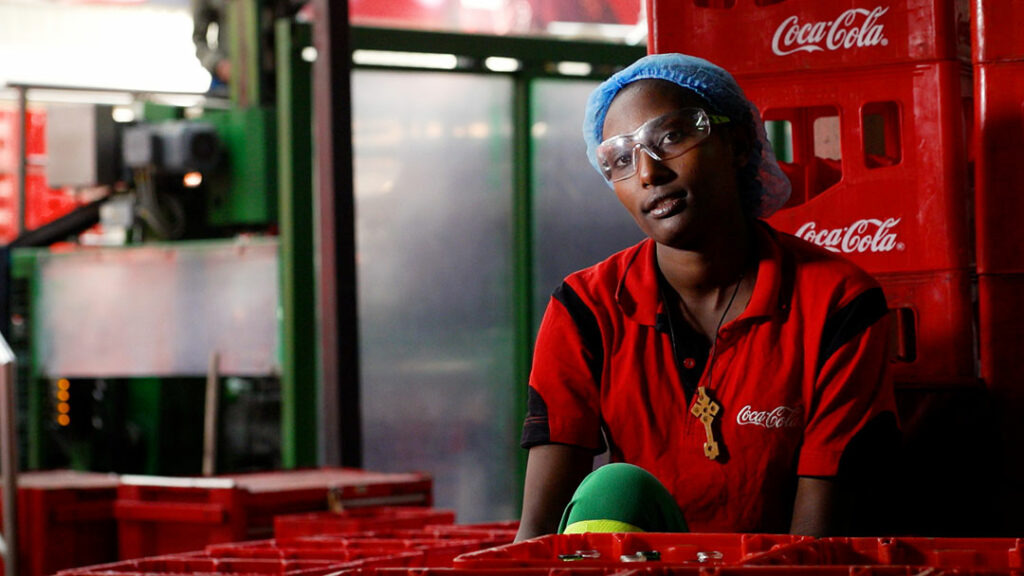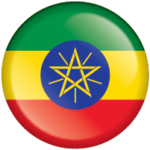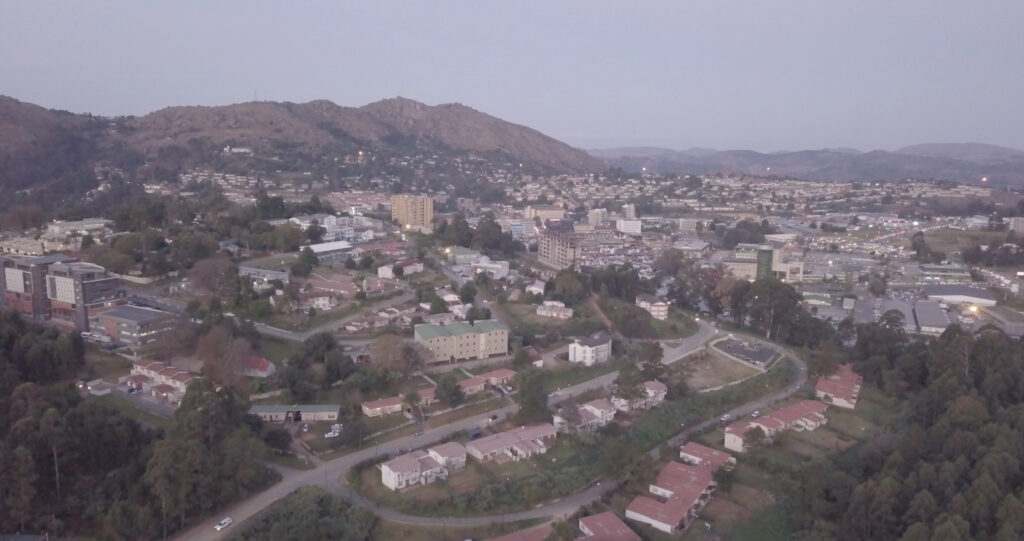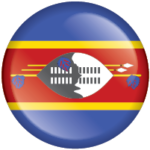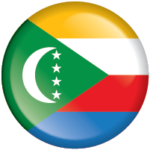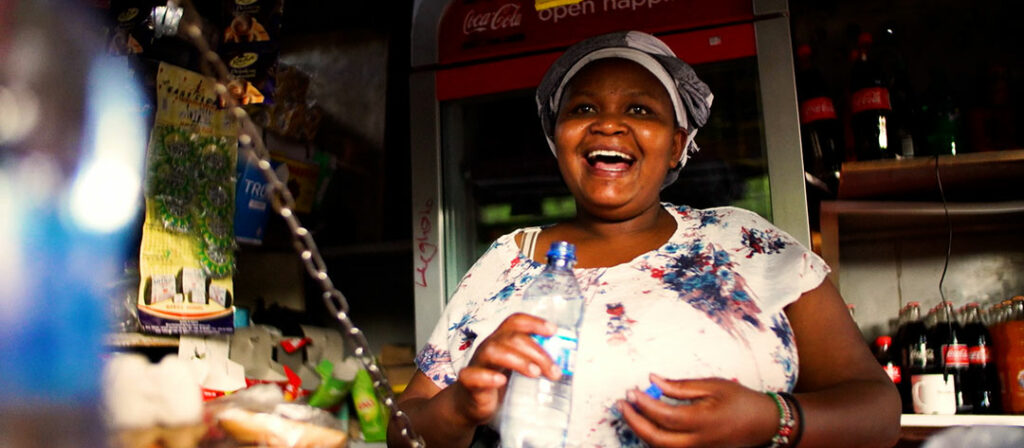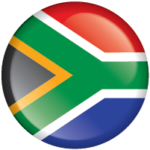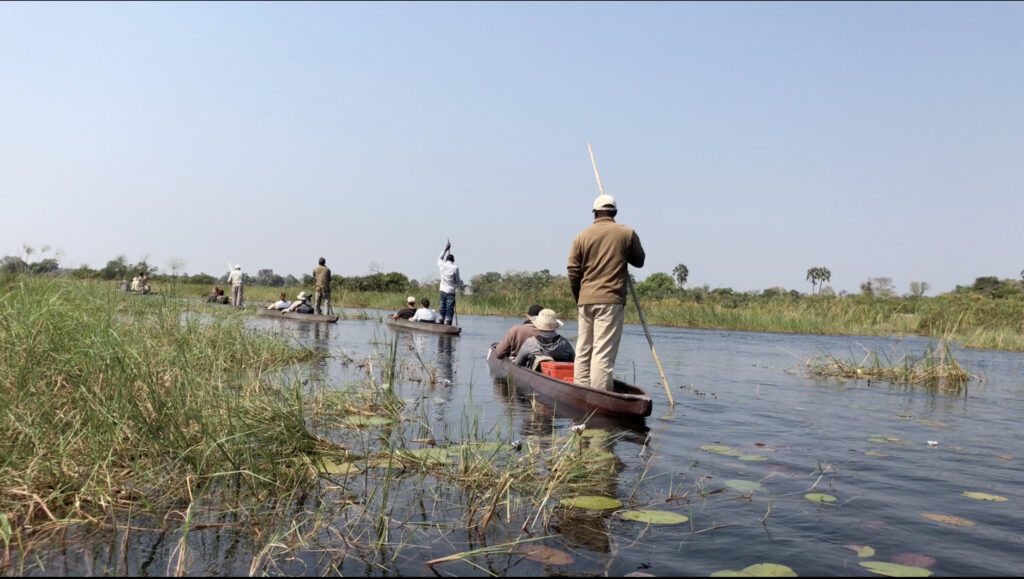By Jacques Vermeulen, CCBA CEO
Sub-Saharan Africa has the potential to generate inclusive growth and eradicate poverty, according to the latest World Bank overview of the continent’s economic prospects. ¹
“Sub-Saharan Africa, home to more than 1 billion people, half of whom will be under 25 years old by 2050, is a diverse continent offering human and natural resources that have the potential to yield inclusive growth and eradicate poverty in the region. With the world’s largest free trade area and a market of 1.2 billion consumers, the continent is creating an entirely new development path, harnessing the potential of its resources and people,” the World Bank says.
However, between the recognition of this potential and its realisation – the day when all Africans are freed from poverty – an enormous amount of work remains to be done. As the continent marks Africa Day today, it is useful to consider what is required.
A 2021 Economic Development in Africa Report by the United Nations Conference on Trade and Development (UNCTAD) states that one condition for achieving inclusive growth in Africa is that workers must acquire better skills to respond to evolving labour market demands.²
It says inclusive development relies on the capacity of social, economic and political systems to provide the circumstances for well-being on a sustainable, long-term basis.
“Therefore, inclusive development should be measured along the interconnected dimensions of human, social and economic development and environmental considerations,” the report says.
In addition, inclusive growth requires higher rates of female participation, yet women remain marginalised in the labour market in Africa.
The private sector has a major role to play in enabling inclusive growth. It is both the engine of economic
development and dependent on a flourishing continent for its own success.
At Coca-Cola Beverages Africa (CCBA), our aim is to create greater shared opportunity for the business and the communities we serve across the value-chain, and our social and community ambitions address some of the most immediate needs in Africa.
We believe in creating inclusive growth opportunities for communities, with our focus on women and youth. More relevant in Africa than any other continent, women are integral to our continent’s shared success and are often the decision drivers behind consumer spending trends.
We seek to empower women both in the workplace and through community programmes throughout our markets on the continent.
We support female entrepreneurs to thrive through the provision of financial support, mentoring and training.
An example is the Entoto women empowerment programme in Ethiopia, which was launched in 2020. It has enabled more than 260 women to earn higher incomes by collecting and selling used plastic bottles and distributing The Coca-Cola Company’s products – and in turn also aided our environmental initiatives in relation to recycling.
As we see significant growth potential in Ethiopia, we established nine new intensive training centres to increase the amount of polyethylene terephthalate (PET) collected, resulting in more than 400 women having received intensive training on PET reuse and recycling.
In addition, we also embarked on a market development programme which empowered over 800 women business owners through the provision of coolers to sell more products and expand their businesses.
On the youth front, empowering young people and enabling their inclusion in the economy is critical if we are to achieve our vision of making Africa a better place for all.
We empowered over 15 000 youth in 2021 across various of our markets to help make them active participants in the economy.
In South Africa, as an example, we established an enterprise development initiative in 2015, known as Bizniz-in-a-Box, to make a sustainable impact on youth unemployment by creating an ecosystem of viable micro-businesses offering complementary products and services in township communities.
Using the spaza shop as the anchor, each business operates out of a custom-designed container, covering various core needs of the local community. The programme offers young entrepreneurs an opportunity to learn business skills to enable them to grow and run their own business.
We have trained over 720 young entrepreneurs and rolled out over 220 Bizniz-in-a-Box outlets since the inception of the programme, of which 47% are female owned businesses.
Communities where we operate benefit by gaining access to more and/or better resources, which over time enable them to become more self-sufficient and sustainable.
Many members of these communities get employment opportunities they would otherwise not have, and some go on to start their own sustainable businesses through our enterprise development initiatives.
We understand the importance of nurturing from the grass roots level up and in Ethiopia, near one of our factories, we built a fully operational public school that accommodates up to 1,000 students. We built a similar school facility in Bahrdar community in 2019, and we are on track to complete our third school, which is located near our Ambo plant, for the local community.
Creating shared value is mutually beneficial to CCBA, as these individuals ultimately become CCBA consumers, with a real sense of Coca-Cola brand loyalty given the impact CCBA has had on their personal lives.
We continue to work with our supply chain to improve sustainable and ethical local sourcing practices, including a continued commitment to protect human rights.
As at the end of 2020, our local sourcing was at 83%, exceeding the global Coca-Cola target to source locally, 80% of the raw materials usually imported by 2022. This translates into increased opportunity for African suppliers, entrepreneurs and industrialists, helping to develop local economies, diversify goods made in Africa and support inclusive growth.
We continue to support our suppliers to upskill and improve the quality of materials to meet our high standards.
An example is in Ghana, where we sourced 100% of raw materials locally by 2020. Initially local suppliers didn’t have the necessary technical equipment and expertise to produce preforms, closures and labels according to our specifications and high standards.
We proactively supported local suppliers with technical skills and contractual off-take agreements which enabled them to purchase the required machinery to improve their standards.
With increased local sourcing, we saved costs on shipping, customs, clearing and inventory management, driving bottom line profitability – illustrating how economic inclusion can be beneficial to both businesses and local economies.
Another example is in South Africa, where we sourced 98% locally, including sugar.
Increasingly as the African Continental Free Trade Area takes effect, opportunities will open up for local manufacturers to produce higher-value goods and the development of intra-continental value chains that spur inclusive growth.
Companies like CCBA will play a significant part in empowering entrepreneurs, workers and communities to take full advantage of these opportunities.
¹ The World Bank in Africa
² The United Nations Conference on Trade and Development
